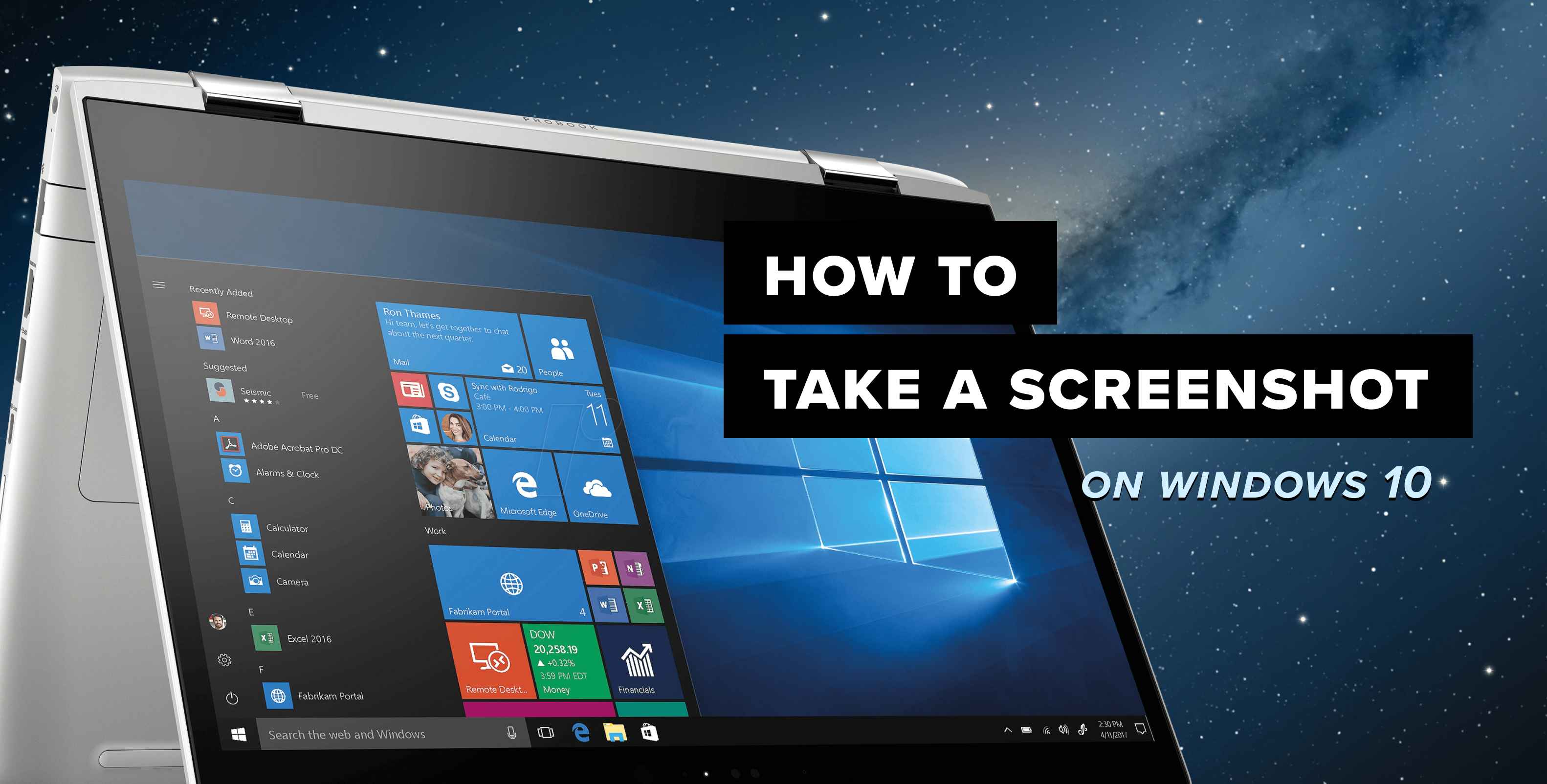Self Care Apps for Anxiety & Depression: Mental Wellness Guide
I remember a time when my anxiety was at its peak. Scrolling through social media only amplified the feeling of being overwhelmed. That's when a friend suggested I try a mindfulness app. Skeptical at first, I downloaded one, and surprisingly, those guided meditations became my sanctuary amidst the storm. This personal experience sparked my journey into exploring the world of self-care apps, and I'm here to share what I've learned.
The Rise of Mental Wellness Apps
The digital age has brought many challenges to our mental well-being, but it has also provided us with innovative solutions. Mental wellness apps are designed to help us manage stress, anxiety, and other mental health concerns, offering tools and techniques that can be accessed anytime, anywhere. According to a 2024 study by the American Psychological Association, individuals using anxiety relief apps reported a 30% decrease in anxiety symptoms within just six weeks. The popularity of these apps is undeniable, and the market is rapidly expanding, offering a wide range of options tailored to different needs and preferences.
Understanding the Variety of Apps Available
The self-care app market is diverse, catering to various needs and preferences. Understanding the types of apps available is crucial for choosing the right one for you.
- Meditation Apps: Focused on guiding users through mindfulness and meditation practices to reduce stress and increase relaxation.
- Mood Trackers: Allowing users to log their daily mood and identify patterns or triggers.
- Therapy Apps: Connecting users with licensed therapists for virtual therapy sessions.
Different apps employ different methodologies. Some, like Headspace and Calm, focus on guided meditation and mindfulness apps practices. Others, like Moodpath, incorporate questionnaires and assessments rooted in cognitive behavioral therapy (CBT). Choosing an app that aligns with your personal preferences and needs is vital for achieving the best results.
Top Recommendations: Best Apps for Self-Care
Navigating the sea of self-care apps can be overwhelming. Here are some of my top recommendations, based on features, user reviews, and overall effectiveness:
| App Name | Key Features | Pricing | User Rating (out of 5) |
|---|---|---|---|
| Calm | Guided meditations, sleep stories, music for relaxation, breathing exercises. | Subscription-based (free trial available) | 4.8 |
| Headspace | Mindfulness courses, meditation sessions, sleepcasts, focus exercises. | Subscription-based (free trial available) | 4.7 |
| Moodpath | Mood tracking, questionnaires, personalized insights, mental health assessment. | Free (with in-app purchases) | 4.5 |
| Talkspace | Online therapy, messaging with licensed therapists, group sessions. | Subscription-based | 4.6 |
| Insight Timer | Extensive library of free meditations, guided courses, music, community features. | Free (with optional premium features) | 4.9 |
It is also important to note that some apps, like Woebot, employ chatbot technology based on principles of CBT, offering immediate, accessible support for common mental health challenges. The choice ultimately depends on individual needs and preferences.
Exploring Specific App Categories
Beyond the popular all-in-one apps, there are specialized apps that focus on particular aspects of mental wellness. Let's delve into some specific categories:
Anxiety Relief Apps: Finding Calm in the Chaos
Anxiety relief apps often incorporate features like guided breathing exercises, progressive muscle relaxation, and cognitive restructuring techniques. Apps like Rootd are specifically designed to help users manage panic attacks and anxiety in real-time.
Depression Support Apps: Building a Path to Recovery
Depression support apps often include mood tracking, journaling prompts, and access to resources like helplines and support groups. Some apps, like Daylio, offer a simple and visual way to track your mood and identify patterns.
Mindfulness Apps: Cultivating Presence and Awareness
Mindfulness apps help users develop the skill of being present in the moment through guided meditations, body scan exercises, and mindful movement practices. These apps are beneficial for reducing stress and increasing overall well-being.
The Science Behind Mental Health Apps
The effectiveness of mental health apps is increasingly supported by scientific research. Studies have shown that apps can be effective in reducing symptoms of anxiety, depression, and stress. A meta-analysis published in the Journal of Medical Internet Research found that cognitive behavioral therapy apps (CBT) can be as effective as traditional face-to-face therapy for some individuals. However, it's crucial to choose apps that are evidence-based and developed in consultation with mental health professionals.
Furthermore, the use of these apps can complement traditional therapy, offering additional support and tools for self-management. It is important to remember that apps should not replace professional mental health care, but can be a valuable resource in managing mental well-being.
User Reviews and Testimonials
While expert recommendations are valuable, user reviews provide insights into real-world experiences with these apps. Many users praise apps like Calm for their soothing sleep stories and guided meditations, while others find Moodpath helpful for tracking their mood and identifying patterns. Reading user reviews can help you get a sense of which apps resonate with others and which might be the best fit for your needs.

Integrating Apps into Your Daily Routine
To reap the full benefits of best apps for self-improvement, it's essential to integrate them into your daily routine. Here are a few tips:
- Set a specific time each day: Dedicate 10-15 minutes each day for meditation or mood tracking.
- Use reminders: Set reminders on your phone to prompt you to use the app.
- Start small: Begin with short sessions and gradually increase the duration as you become more comfortable.
- Be consistent: Consistency is key to seeing results.
Consider using these apps during times of stress or before bed to promote relaxation. Experiment with different features and techniques to find what works best for you. Stress management apps can become powerful tools when used consistently.
The Future of Mental Health Apps
The field of mental wellness apps is constantly evolving, with new technologies and approaches emerging regularly. Artificial intelligence (AI) is playing an increasingly important role, with AI-powered chatbots and personalized recommendations becoming more prevalent. Virtual reality (VR) and augmented reality (AR) technologies are also being explored as potential tools for mental health interventions.
As technology advances, we can expect to see even more innovative and personalized solutions for mental wellness, making mental health support more accessible and effective than ever before.
FAQ
Here are some frequently asked questions about self-care apps:
- Are mental health apps a substitute for therapy?
No, mental health apps should not be considered a substitute for professional therapy. They can be a valuable supplement, but they are not a replacement for the expertise and support of a licensed therapist.
- Are mental health apps confidential?
It's important to review the privacy policies of any app before using it. Ensure that the app uses secure data encryption and adheres to privacy regulations.
- How do I choose the right app for me?
Consider your specific needs and preferences. Read user reviews, try free trials, and consult with a mental health professional if needed.
- Are mental health apps effective?
Research suggests that mental health apps can be effective in reducing symptoms of anxiety, depression, and stress. However, it's important to choose evidence-based apps and use them consistently.
Choosing the right meditation apps for mental health can truly be life-changing. While this overview provides a solid starting point, remember to research and experiment to discover what resonates best with you. We encourage you to explore these apps, share your experiences in the comments below, and ask any further questions you may have. Your journey to better mental well-being starts now!
![Top Self-Care Apps for a Healthy Mind [2024]](https://mywifequitherjob.com/blog/wp-content/uploads/2023/09/graphic-design-spelling-out-the-best.jpg)
